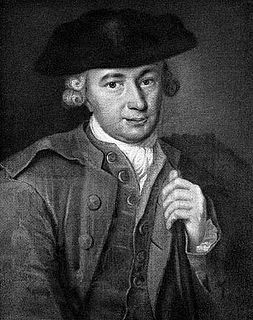A Quote by Marcus Tullius Cicero
Neither can embellishments of language be found without arrangement and expression of thoughts, nor can thoughts be made to shine without the light of language.
Related Quotes
Some feminist critics debate whether we take our meaning and sense of self from language and in that process become phallocentric ourselves, or if there is a use of language that is, or can be, feminine. Some, like myself, think that language is itself neither male nor female; it is creatively expansive enough to be of use to those who have the wit and art to wrest from it their own significance. Even the dread patriarchs have not found a way to 'own' language any more than they have found a way to 'own' earth (though many seem to believe that both are possible).
Neither this body am I, nor soul, Nor these fleeting images passing by, Nor concepts and thoughts, mental images, Nor yet sentiments and the psyche's labyrinth. Who then am I? A consciousness without origin, Not born in time, nor begotten here below. I am that which was, is and ever shall be, A jewel in the crown of the Divine Self, A star in the firmament of the luminous One.
Genius is neither learned nor acquired. It is knowing without experience. It is risking without fear of failure. It is perception without touch. It is understanding without research. It is certainty without proof. It is ability without practice. It is invention without limitations. It is imagination without boundaries. It is creativity without constraints. It is...extraordinary intelligence!
As ideas are preserved and communicated by means of words, it necessarily follows that we cannot improve the language of any science, without at the same time improving the science itself; neither can we, on the other hand, improve a science without improving the language or nomenclature which belongs to it.
A man may take to drink because he feels himself to he a
failure, and then fail all the more completely because he
drinks. It is rather the same thing that is happening to the
English language. It becomes ugly and inaccurate because
our thoughts are foolish, but the slovenliness of our language
makes it easier for us to have foolish thoughts.












































